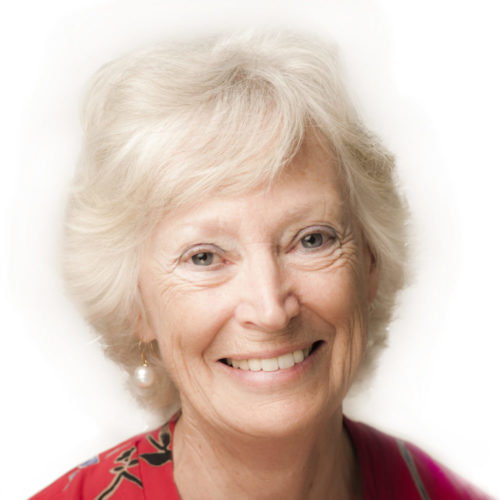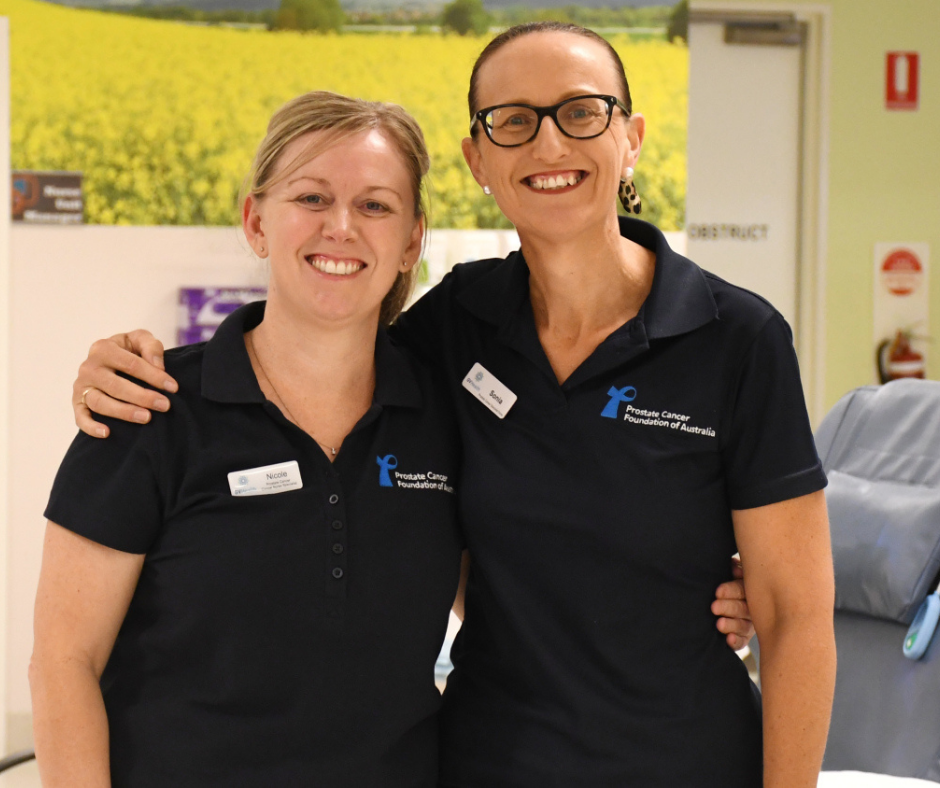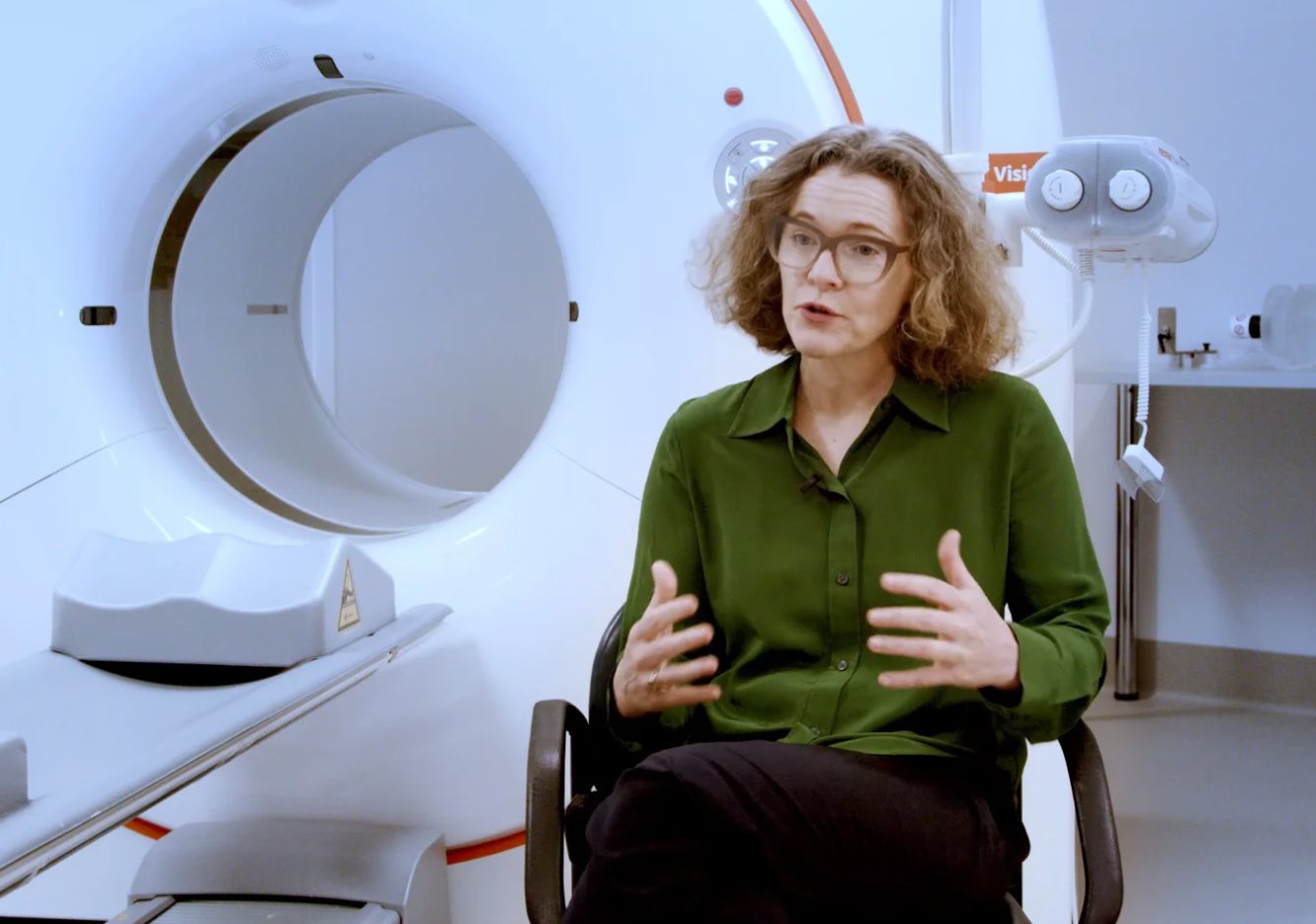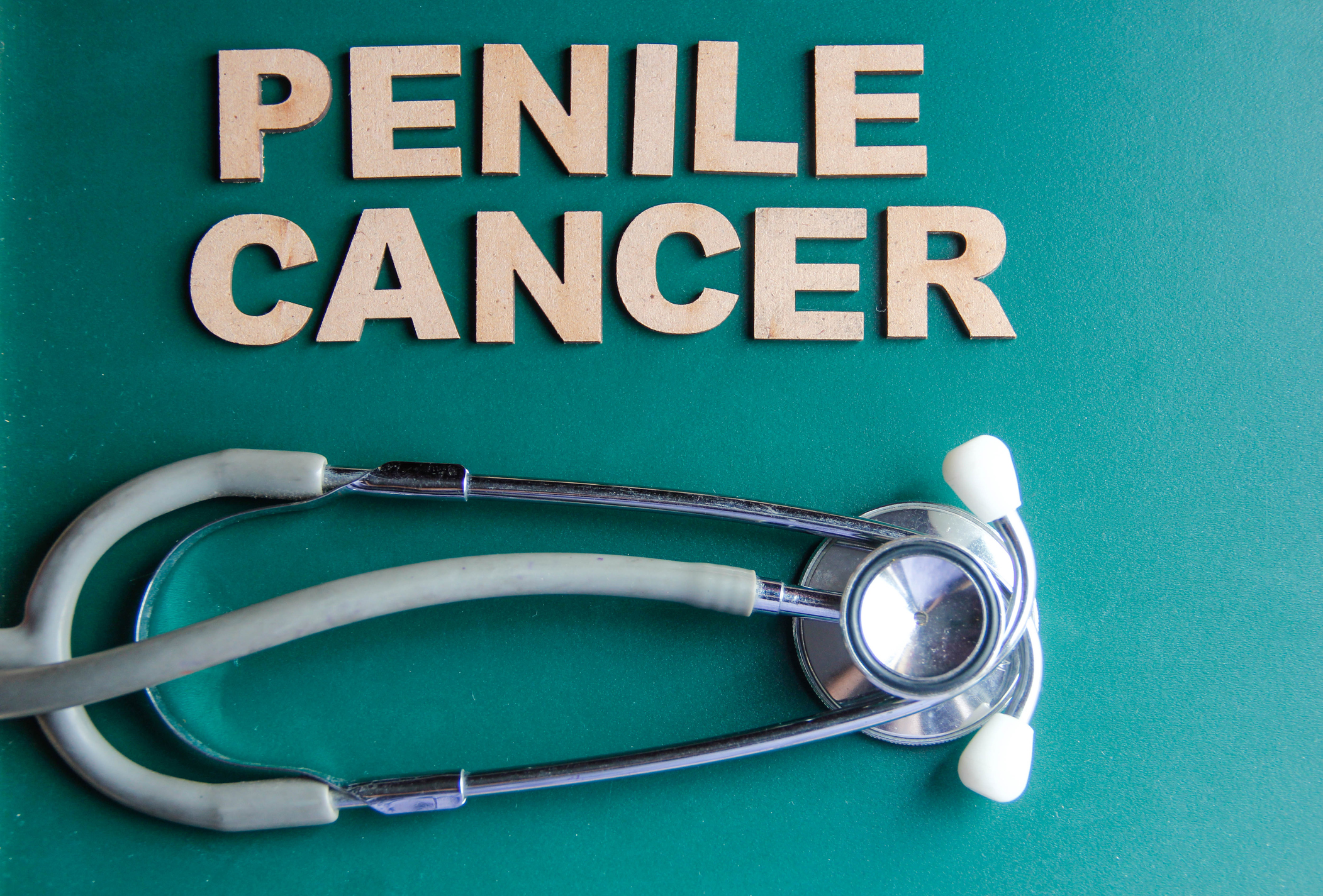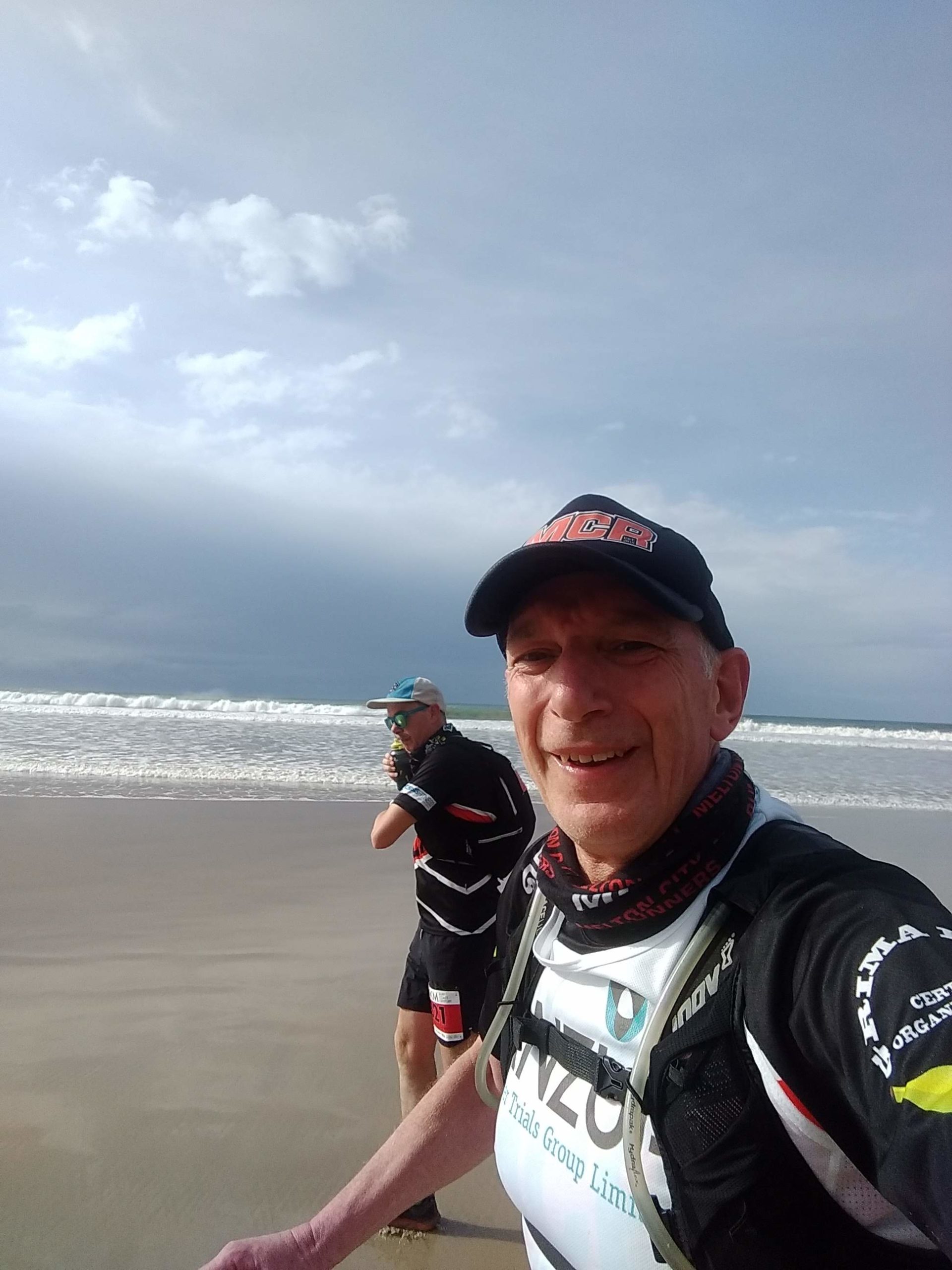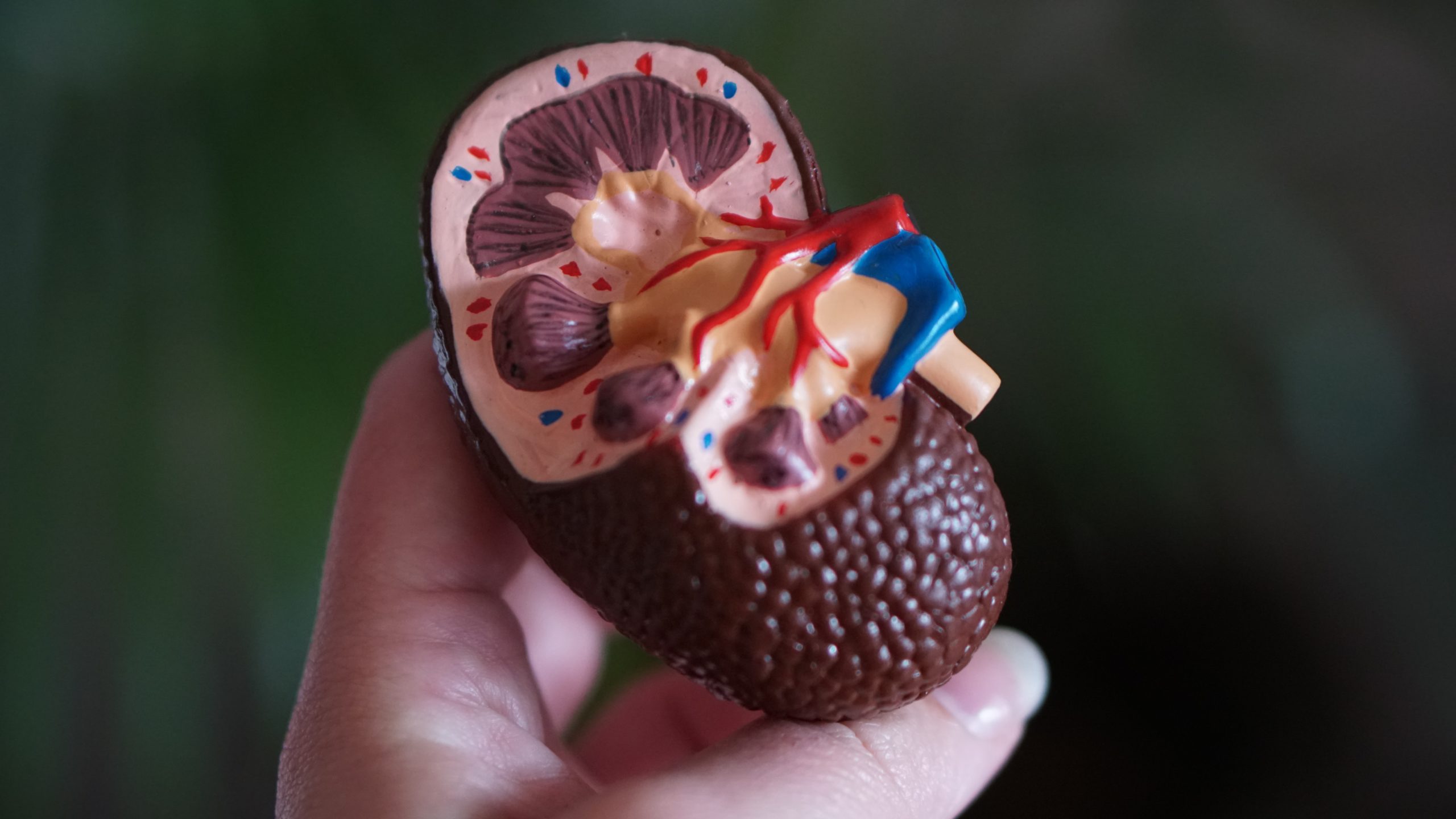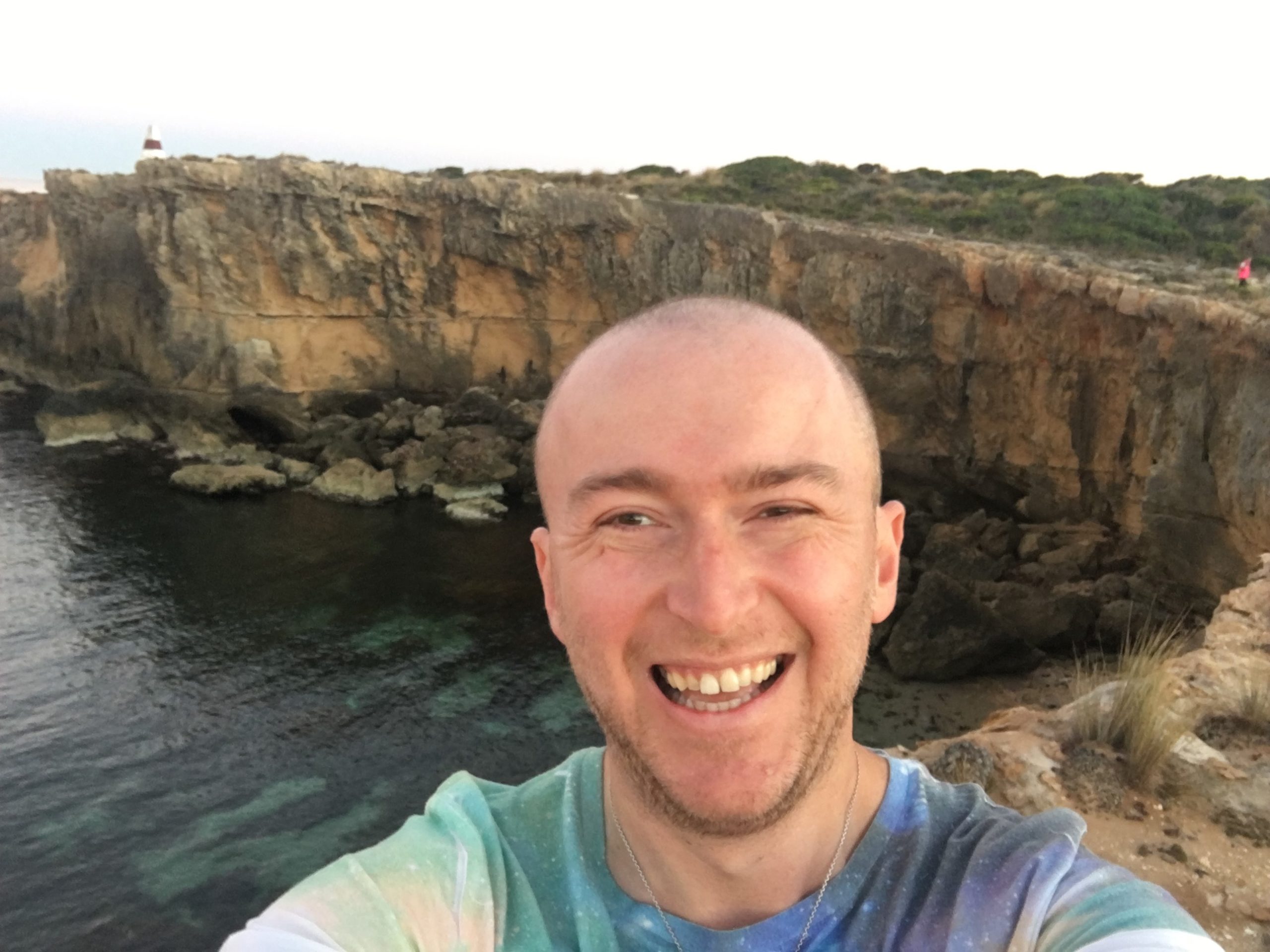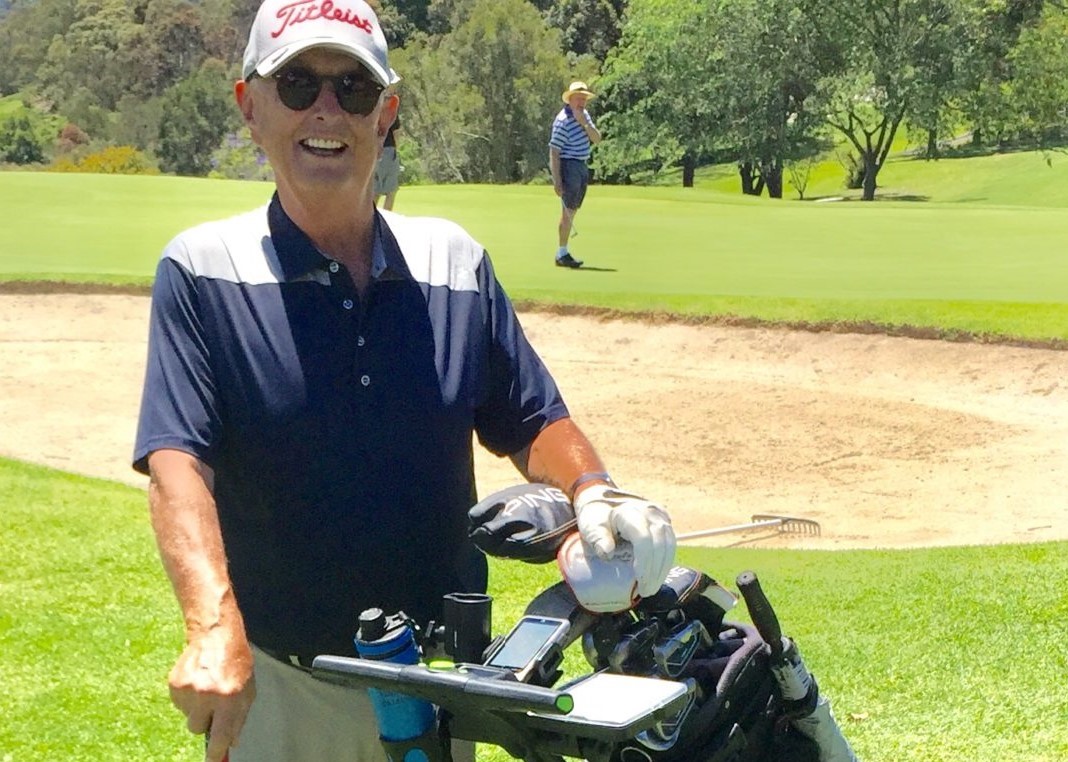Stories
Almost every new ground-breaking cancer treatment has been a result of clinical trials research. ANZUP works towards improving treatments and outcomes by undertaking clinical trials in below the belt (prostate, bladder, kidney, penile and testicular) cancer. These trials and research allows us to test better ways of helping people.
Some of our community have generously shared their experiences with cancer, clinical trials and fundraising. Here you can read about what we do, why we do it, why these cancers need to be talked about and why clinical trials are so important.
And if you have a story you would like to share, contact us at anzup@anzup.org.au
In Memory of Emeritus Professor Pamela Russell
In memory of Professor Russell’s contributions to both ANZUP and the field of prostate cancer research and therapy, we would like to …
Melissa Le Mesurier thought she just had a bad UTI. She couldn’t have been more shocked to find out it was cancer. Four …
Kidney Cancer and Immunotherapy
Immunotherapy like nivolumab, ipilimumab, pembrolizumab and avelumab are drugs that have shown promise in the treatment of many cancers including the common …
Prostate cancer can take a significant toll on all areas of life – including an individual’s physical and mental health, and their …
New era in nuclear medicine
Precision medicine is the concept of targeting the right patient for the right treatment at the right time. ENZA-p is a clinical trial that aims to use new theranostic agents to allow more accurate prognostic decision making.
Globally, penile cancer is an uncommon cancer with a reported incidence of 1 per 100,000 men diagnosed. There is a range of treatments for penile cancer depending on the stage of disease.
Mike is 57, lives in Melton Victoria and married with 3 adult children and 4 grandchildren. His life was about family, running, work and the motor sport club and was pretty healthy until his diagnosis with bladder cancer in December 2016.
It is exciting to be able to say kidney cancer treatment is now at a transition point.
THE JOURNEY – JOE’S QUEST TO SIMPLIFY CANCER
When Joe found out that he had testicular cancer, everything was suddenly up in the air. Life seemed so much harder.
Exercise in Cancer Care
In Australia someone is diagnosed with cancer every four minutes. Every one of those patients would benefit from exercise but only one in ten will exercise enough during and after their cancer treatment.
Dr Gavin Marx and his patient Rob Palmer talk about their shared decision making of the treatment choices for Rob’s prostate cancer.
My journey with kidney cancer, Catherine McFarlane
In July 2016, aged 38, Catherine McFarlane went from juggling the roles of wife, mother, daughter, sister and dietitian to someone who could add cancer to the list of their daily juggles and struggles.
Telehealth and Teletrials
Rural communities have had access to telehealth for a while - but when COVID-19 led to increased social distancing and isolation measures, there was a need to expand the offering.

